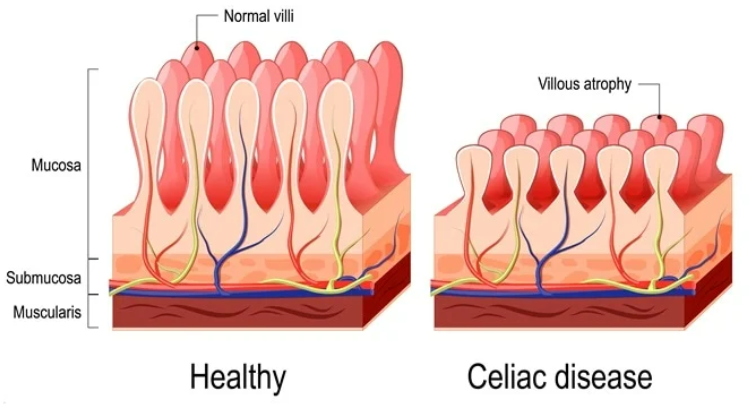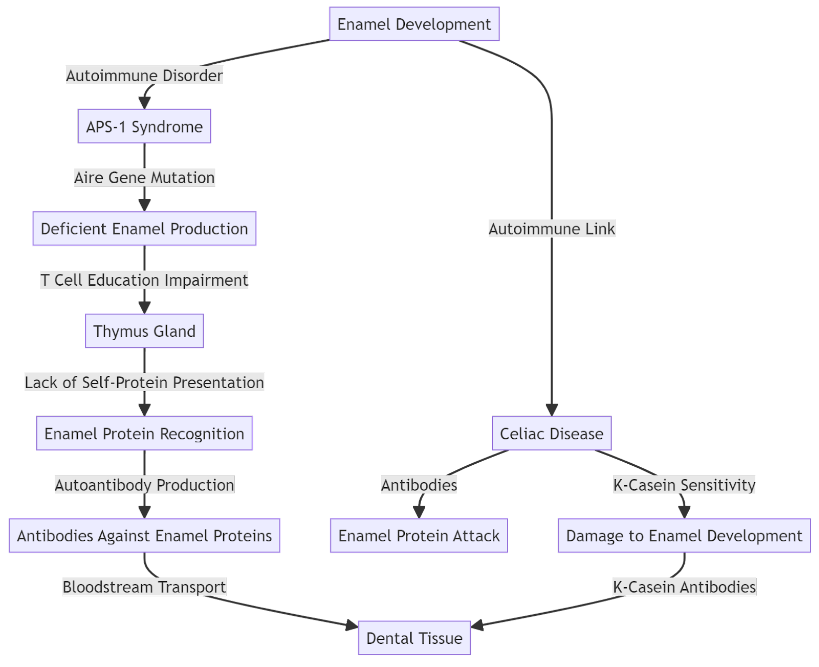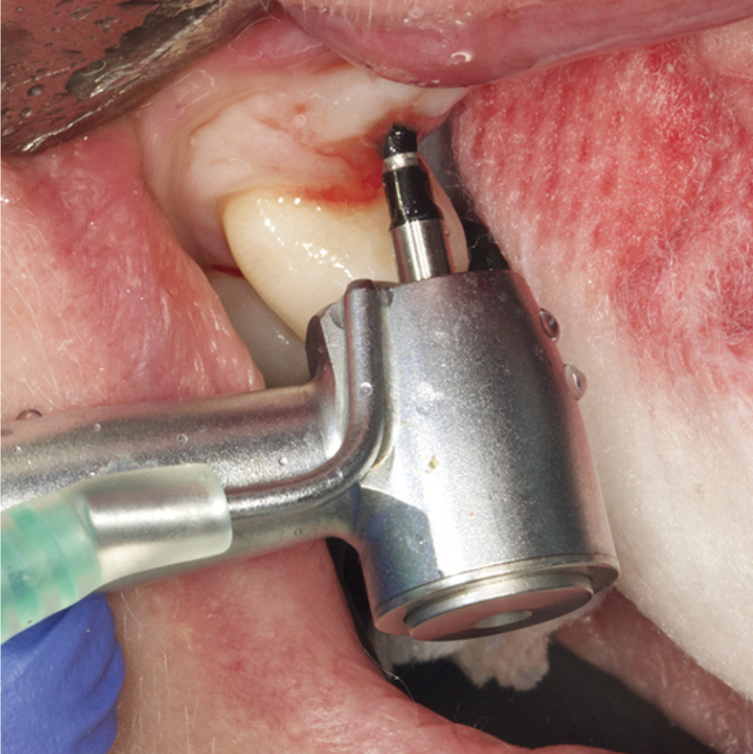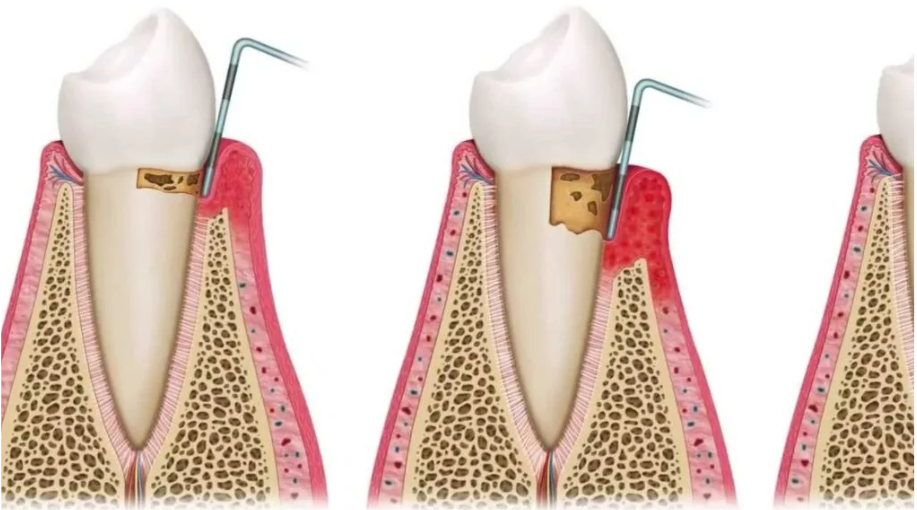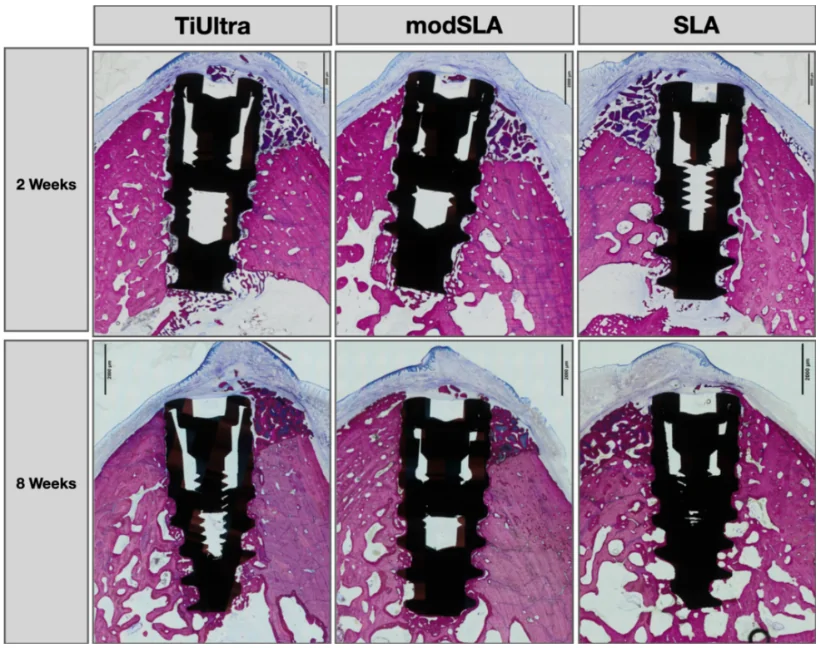Unraveling the Link Between Autoimmune Disorders and Tooth Enamel Development
In a groundbreaking study conducted by Prof. Jakub Abramson and his team at the Weizmann Institute of Science, a new children’s autoimmune disorder has been unveiled, shedding light on the disruption of tooth enamel development. This disorder, prevalent in individuals with a rare genetic syndrome and children with celiac disease, poses significant implications for dental health. This article explores the key findings and their potential impact on early detection and preventive strategies.
Understanding Tooth Enamel Formation
To comprehend the implications of the study, it’s crucial to delve into the process of tooth enamel development. Enamel, the hardest substance in the human body, forms as mineral crystals gradually deposit on protein scaffolds during enamel development. The study identified a peculiar phenomenon in individuals with APS-1, a rare genetic disorder, where permanent teeth exhibit faulty enamel development despite normal formation in milk teeth.
Autoimmune Nature of Enamel Defects
The research team hypothesized that the observed enamel defects in APS-1 patients might be autoimmune in nature. Autoimmune diseases occur when the immune system’s T cells or antibodies mistakenly target the body’s own cells. In APS-1 patients, a mutation in the autoimmune regulator (Aire) gene impairs the critical education step for T cells in the thymus gland, leading to deficient enamel production.
APS-1 and Celiac Disease: A Common Thread
The study drew parallels between APS-1 and celiac disease, another autoimmune disorder affecting around 1 percent of people in the West. Both conditions exhibited similar enamel defects in children. The researchers uncovered that individuals with celiac disease have autoantibodies attacking enamel proteins, raising questions about the relationship between the intestine and dental tissue.
Role of K-Casein in Enamel Development
A significant revelation emerged when investigating celiac patients’ sensitivity to cow’s milk. The focus on k-casein, a major component of dairy products, revealed its presence as a key component in the scaffold necessary for enamel formation. Antibodies produced in response to k-casein in the intestine could potentially cause collateral damage to enamel development in the teeth.
Implications for the Food Industry
The study’s findings have implications for the food industry, especially regarding the production of dairy products. The research suggests that the consumption of large quantities of dairy, particularly k-casein-rich products, may lead to the production of antibodies that can harm tooth enamel. This poses challenges for the dairy industry, emphasizing the need for a nuanced approach to ingredient concentration.
Diagnostic Potential and Early Intervention
A groundbreaking aspect of the study lies in its potential for early diagnosis. The identification of enamel-specific autoantibodies in childhood, whether in APS-1 or celiac disease, presents an opportunity for early intervention. Diagnostic tests using blood or saliva may become instrumental in identifying individuals at risk, allowing for preventive treatments that could mitigate or even circumvent enamel defects.
Conclusion
In conclusion, the study by Prof. Abramson and his team unravels the intricate connection between autoimmune disorders, such as APS-1 and celiac disease, and faulty tooth enamel development. The findings not only contribute to our understanding of enamel biology but also pave the way for early diagnosis and preventive measures. This comprehensive exploration of the study’s implications underscores the importance of further research in dental health and autoimmune disorders.
This diagram visually represents the interconnected pathways leading to enamel defects in APS-1 and celiac disease, emphasizing the autoimmune nature of the disorders and the role of specific proteins in the enamel development process.“`
Sources
- ScienceDaily – Newly discovered autoimmune disorder disrupts tooth enamel development – December 13, 2023;
- Nature – Autoimmune amelogenesis imperfecta in patients with APS-1 and coeliac disease – November 22, 2023


